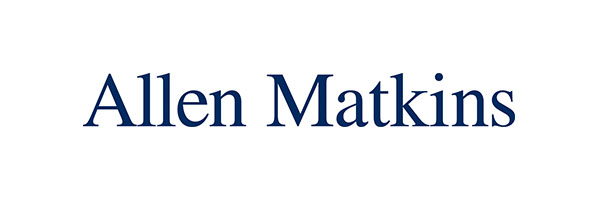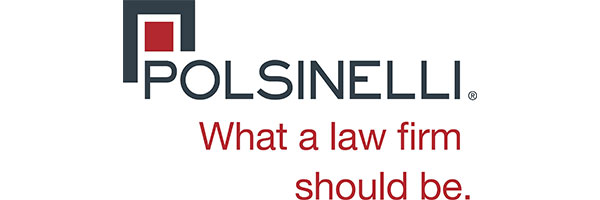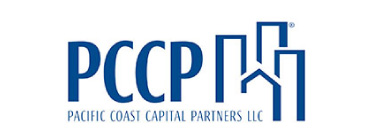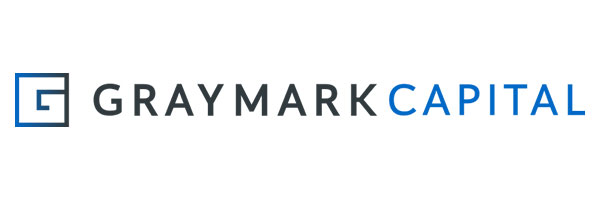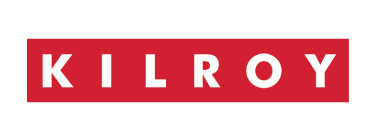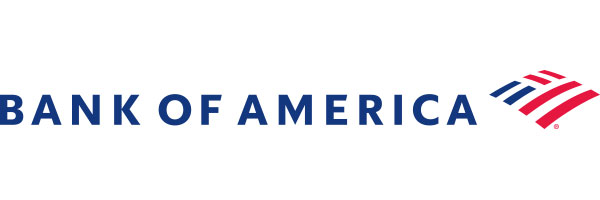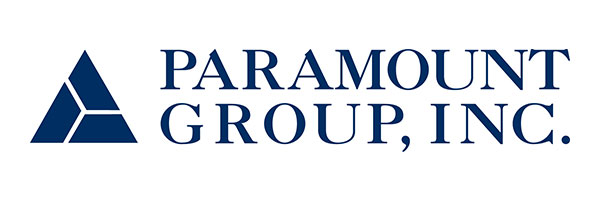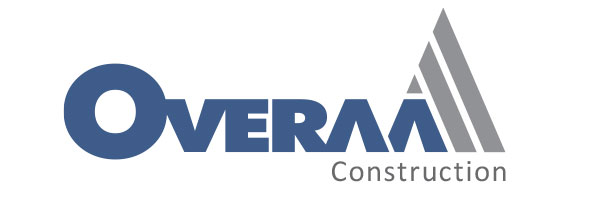CBPA California Legislative Update 5/24/19
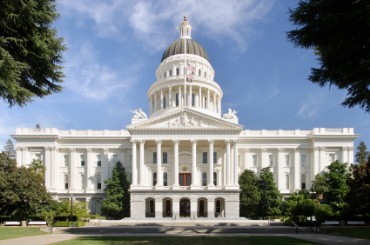
- CELEBRATE FREEDOM/HONOR VETS THIS MEMORIAL DAY
- ONE WEEK TO GO!
- AB 142 – LACTATION ROOMS; PASSES SENATE
- WAYFAIR BILL SIGNED INTO LAW – ONLINE SALES TAX
- MORE BILLS ADDED TO JOB KILLER
- PROP. 13 WOULD BE GUTTED BY SCA 5
- CBPA OVERWHEMINGLY OPPOSES LAUSD’S MEASURE EE
- CBPA 2019 CALENDAR
CELEBRATE FREEDOM/HONOR VETS THIS MEMORIAL DAY
As you enjoy the long weekend, please take the time to reflect upon the ultimate sacrifice that American women and men have made to allow us to continue to enjoy the freedoms we have on this Memorial Day.
ONE WEEK TO GO!
The California State Assembly and Senate are furiously dealing with bills to meet the constitutionally mandated “First House Deadline” next Friday. Any bill not out of its house of origin by that time are dead. Next week we expect hundreds of bills to be debated and voted on. After next week we will have a good understanding about what bills are left and will then start the process all over again and the Senate deals with Assembly Bills and visa-versa.
AB 142 – LACTATION ROOMS; PASSES SENATE
Once again, we are dealing with a bill in the legislature that mandates expanded access to Lactation Rooms in commercial buildings. The bill, AB 142 by Senator Weiner from San Francisco, is very similar to a bill he carried last year that was vetoed by Governor Brown. The new version passed another major hurdle this week when the Senate voted 26-9 in favor of the measure.
As an industry our main concerns with the bill is that it brings building owners and managers into the middle of an employer-employee relationship in which we do not belong.
In terms of building code issues, the bill is very owner-occupied-centric. The issues we have mainly occur with multi-tenant situations where responsibility for tenant improvements may be 100% on the owner, 100% on the tenant, or some combination thereof, but as the bill is written it ignores how leases are written and agreed upon.
Also, this bill assumes that all real estate markets across the state are the same – akin to those in coastal cities – and will be much more difficult to comply with in areas where tenants have less capital to work with.
Over the past two months we have been working with our legislative committee, the author, and his staff to identify our specific issues and try to resolve them. Here they are, and you are encouraged to share this information with local legislators:
ISSUE 1. The entity responsible for making modifications should be who is responsible for providing the space (it is common for tenants to control their own space). This is how it is in S.F.’s ordinance.
SOLUTION: Clarify the entity triggering the law is the responsible party for the accommodation (that may be a building owner, manager, or tenant).
ISSUE 2. Currently the bill triggers a Tenant Improvements in spaces thats not part of the qualifying event. An improvement in one tenant’s Premises should not trigger requirements in other Premises in building/center. Shifts cost and/or requires use of common space that may not exist.
SOLUTION: Clarify this only applies to the space triggering the law.
ISSUE 3. If no reasonable space within Premises and no need to provide space elsewhere in building/center if no room in Premises. This commonly occurs in an industrial campus setting where each company has its individual space. SOLUTION: Provide an exemption for properties that do not have common space/office space.
ISSUE 4. Number of employees at one location instead of companywide. Bill currently could trigger based on company employees not the actual number on site.
SOLUTION: Clarify occupancy load pertains to the onsite employees only.
ISSUE 5. Technical issue. “Daily occupancy” language is not a common term used in law. There are fire marshal standards for max occupancy but there are not statewide standards for occupancy load.
SOLUTION: Work with the Local Building Officials Association to determine now local building officials would determine how many employees will be on premises daily.
ISSUE 6. Technical/Governance issue. We think the building code references are unneeded. The provision of lactation accommodation is a “service” as opposed to a physical occupancy. Meaning that the “service accommodation” will be triggered at some point post-initial construction and will be dependent on the staffing needs of individual tenants in the building. So, the appropriate response to this will be the provision of lactation accommodation by the employer (as opposed to the building owner).
SOLUTION: Strike the building code references and provide direction through the Labor Code and or to local government inspectors.
We are suggesting a simpler way to write the bill would be to take the Labor Code provisions in current law and just require as part of that accommodation the table, chair, refrigerator, etc. be available. We will keep you posted.
WAYFAIR BILL SIGNED INTO LAW – ONLINE SALES TAX
Last year the United State Supreme Court handed down a decision in a case we have been closely following and, in California, have helped drive much of the discussion. The South Dakota v. Wayfair decision overturns the outdated Quill decision from 1992 and clears the way for states to collect sales taxes from retailers that do not have a physical presence in their state.
This was a massive win for companies that own buildings that provide shopping services to the public and corrects a decades-long loophole that allowed online retailers to avoid charging sales tax just like physical retailers, which created a perverse incentive to not build in certain states.
At the national level we congratulate both International Council of Shopping Centers and the Retail Industry Leaders Association (RILA) for their years of dogged work on this issue.
However, in California we had to write implementing legislation. That bill, AB 147 (Burke; D-Los Angeles) was recently signed into law, in another victory for the commercial real estate industry. AB 147 establishes a comprehensive and more equitable set of post-Wayfair tax collection rules that make sense for consumers, small businesses, and the state.
This bill is designed to modernize California law consistent with the holding in Wayfair, which allows California to impose a use tax collection duty on retailers with specified levels of economic activity in California, even though they do not have a physical presence here.
This bill also seeks to ensure that small businesses are not unduly burdened by the default expansion of the duty to collect use tax resulting from Wayfair's interaction with California's long-arm statute. Finally, this bill recognizes the realities of today's e-commerce economy by requiring marketplace facilitators (e.g., Amazon and eBay) to collect sales and use tax (SUT) on behalf of their third-party retailers. For those remote retailers that sell to California consumers exclusively through these platforms, this provision will alleviate the need to collect and remit SUT on their facilitated sales.
MORE BILLS ADDED TO JOB KILLER
As the Legislature hits its last week of session three more bills have been identified by the CalChamber as “Job Killers.” We have spent a lot of time and effort opposing the first bill on the list already and having the CalChamber tag it with JobKiller moniker will help greatly in the battle.
SCA 5 (Hill; D-San Mateo) Lowers Voter Threshold for New Tax Increase — Unnecessarily reduces the voter threshold from two-thirds to 55% for school districts and community college districts to enact a discriminatory parcel tax against disfavored industries and commercial property owners. SCA 5 (Hill) threatens to raise taxes on commercial and industrial properties, thus raising costs for California job employers. See story below for more information on SCA 5.
AB 1080 (Gonzalez; D-San Diego) and SB 54 (Allen; D-Santa Monica) Unprecedented Product Regulation In California — Both bills would substantially increase the cost to manufacture and ship consumer products sold in California by providing CalRecycle with broad authority to develop and impose costly new mandates and fees on manufacturers of all packaging and single-use consumer products under an unrealistic compliance time frame. CalChamber has identified these bills as a Job Killers because they will likely lead to discriminatory and burdensome taxes on businesses and employers.
PROP. 13 WOULD BE GUTTED BY SCA 5
A bill that will gut the Proposition 13 protections property owners have in this state was has moved through two policy committees on party line votes and just passed off the Senate Suspense File.
We strongly Oppose SCA 5, a bill which would allow school districts to increase property taxes with a 55 percent approval of the voters participating in the election – instead of a two-thirds vote of the district’s electorate as currently required under the State Constitution – if the proposition is approved by the school governing board and includes certain requirements, as specified. The measure also would facilitate various local tax increases by lowering the minimum voter approval to a percentage of the voters participating in the election instead of the district’s qualified voting electorate.
This bill would gut Prop 13 by removing the longstanding protections of that landmark measure that requires a 2/3 vote to increase property taxes for certain activities. Coupled with local measures like EE in Los Angeles and statewide measures like the Split Roll ballot measure on next November’s ballot, we are seeing one of the most brazen and coordinated attempts to raise your property taxes that we have ever seen.
Don’t let this happen. Contact us now to find out how you can help push back all these threats.
CBPA OVERWHEMINGLY OPPOSES LAUSD’S MEASURE EE
California Business Properties Association leadership has overwhelmingly voted to oppose Measure EE, a $500 million property tax on all homes, apartments and business properties within the boundaries of the Los Angeles Unified School District (LAUSD) that will appear on the June 4, 2019 special election ballot.
Rex Hime, President and CEO stated, “We have been sounding the alarm on the use of parcel taxes like Measure EE to raise property tax revenue in a way that circumvents Proposition 13. Measure EE is particularly nefarious and a de facto split roll as it is a per square foot parcel tax, not just a flat rate per parcel as is the standard. This means that business properties and multi-family housing will pay by far the lion’s share of the tax.”
In 2018 alone, there were 100 parcel taxes on California ballots and Measure EE is the second property tax increase in just two years for LAUSD.
Hime continued, “Measure EE won’t be the end of the assault on property taxes. It is simply another step to dismantle Prop. 13 protections.”
The split roll property tax initiative on the November 2020 ballot played a key role in the LAUSD teachers’ strike as the new contract calls for Mayor Garcetti to endorse the measure and work with both the union and the LAUSD in advocating for its passage.
Additionally, this new property tax is coming on the heels of last November’s stormwater parcel tax (Measure W).
Additionally, CBPA leadership stands in unison with other business groups in calling Measure EE an ill-conceived tax calling out the following issues:
- Measure EE does not require any fundamental reform that will address the school district’s financial woes.
- Measure EE has no oversight to guarantee this money will be spent on students or in classrooms.
- Measure EE mainly funds long-term healthcare and pension benefits for LAUSD employees and does not go into improving classroom instruction.
Although CBPA does not normally get involved with local elections, our leadership believes Measure EE is part of a statewide assault on the fundamental protections provided by Proposition 13 and have authorized the organization to fight this measure through communication, funding, and member action.
CBPA 2019 CALENDAR
June 11 – 12, 2019
California Commercial Real Estate Summit
Sacramento
December 5 – 6, 2019
Strategic Issues Conference
Napa Valley









